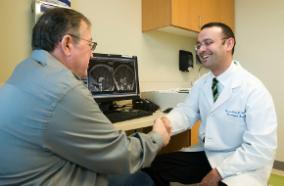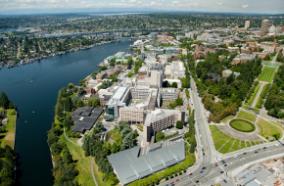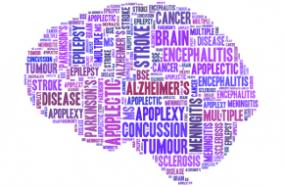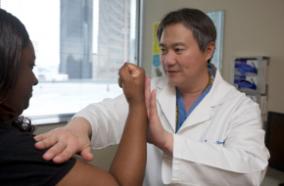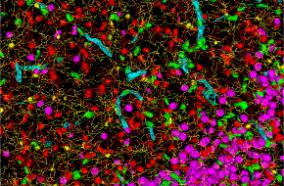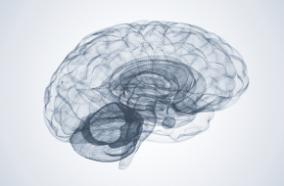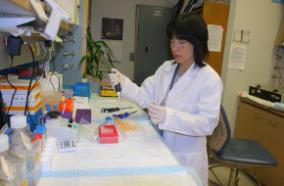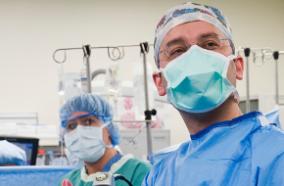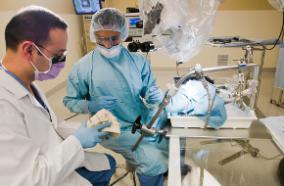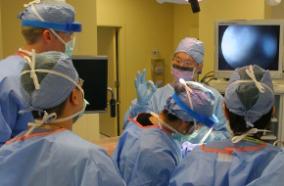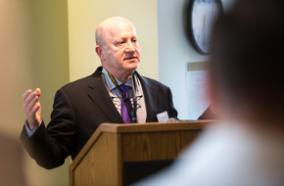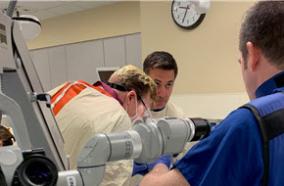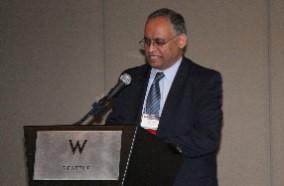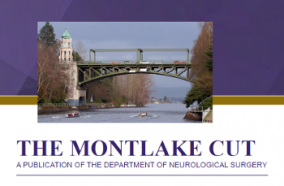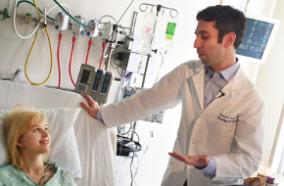Over the last two decades electrical deep brain stimulation (DBS) has emerged as an alternative treatment for the most severe neurological and psychiatric conditions such as Parkinson’s Disease. This can be partially effective, although is currently limited by the fact that these devices deliver constant stimulation and cannot automatically adjust according to ongoing clinical needs. The next generation of therapy on the horizon is “adaptive” DBS in which brain signals are also recorded and used to automatically change the amount of stimulation delivered on a moment-by-moment basis. This holds the promise of transforming treatment for refractory neurological and psychiatric illness by introducing precise and personalized therapies. However, although early feasibility trials have shown that this can be beneficial in an intensive research setting, a major barrier now exists in how to program these complex devices in a scalable and reliable manner. This proposal seeks to address this barrier by developing a system integrating brain signal recordings, automatic video analysis, wearable sensors and patient symptom reports that could be deployed to patient’s homes in order to update their adaptive DBS system automatically. This will reduce the burden on both clinicians and patients while ensuring high-quality therapy despite disease progression and unlock the potential of this promising treatment for patients with Parkinson’s disease.
Sponsor: Weill Neurohub

